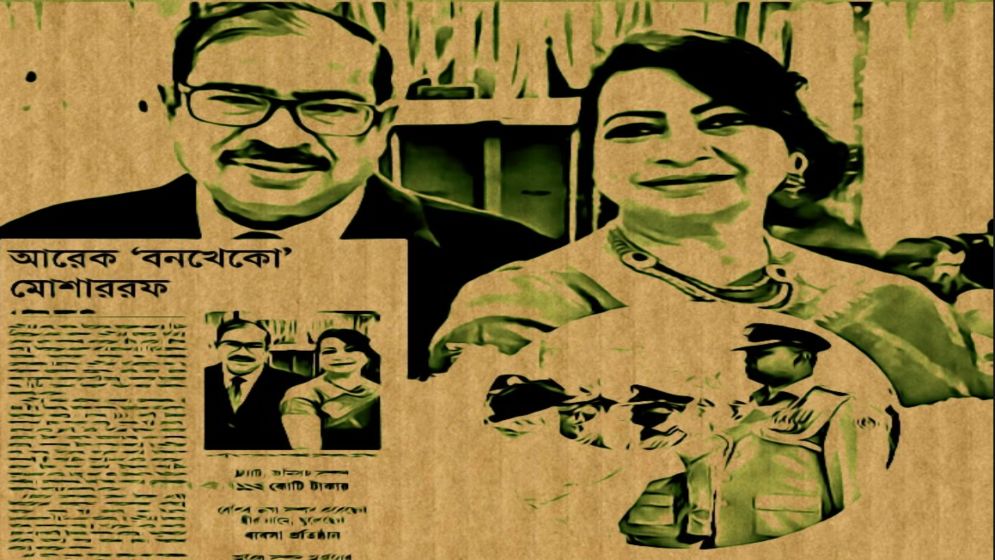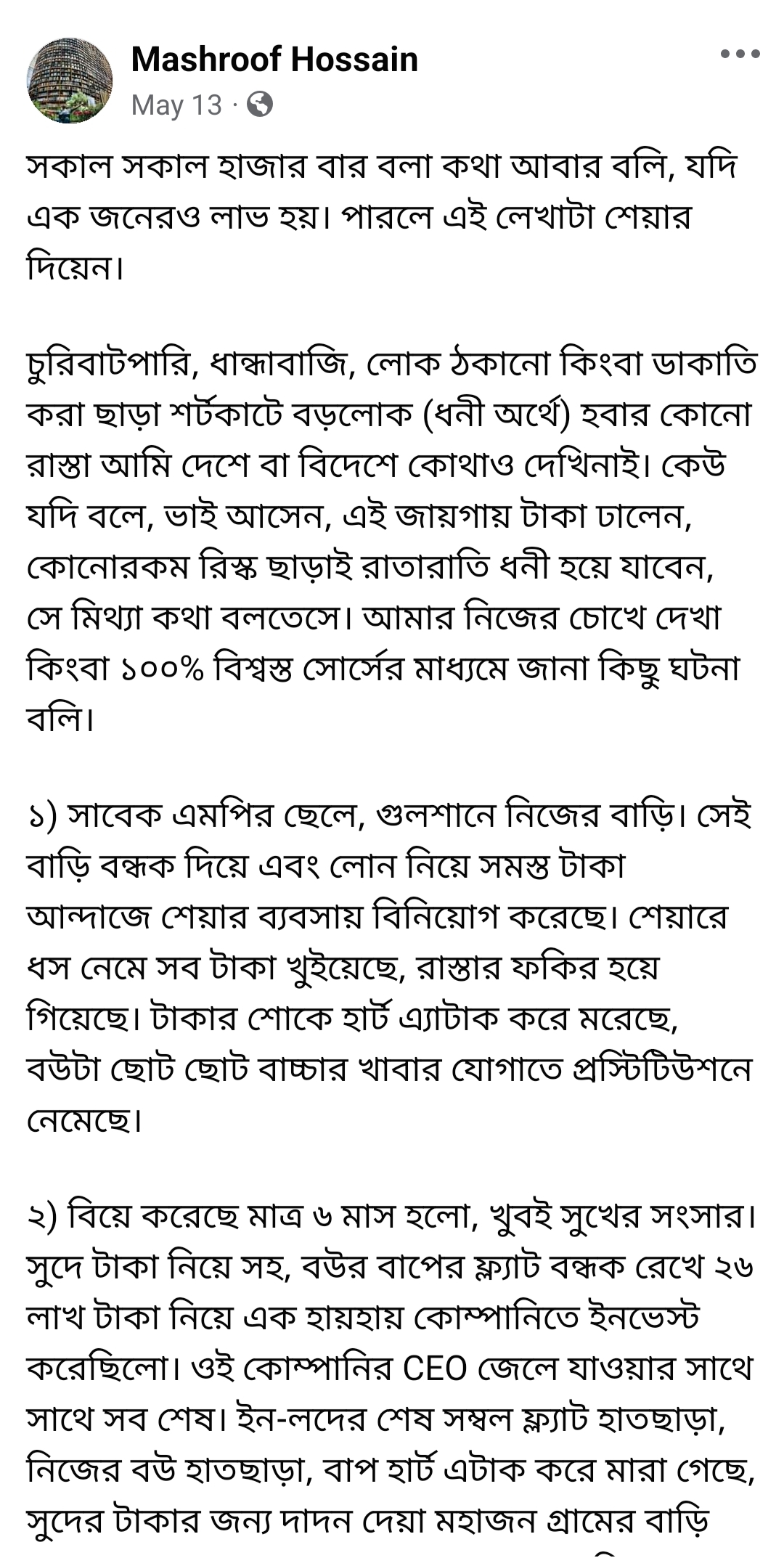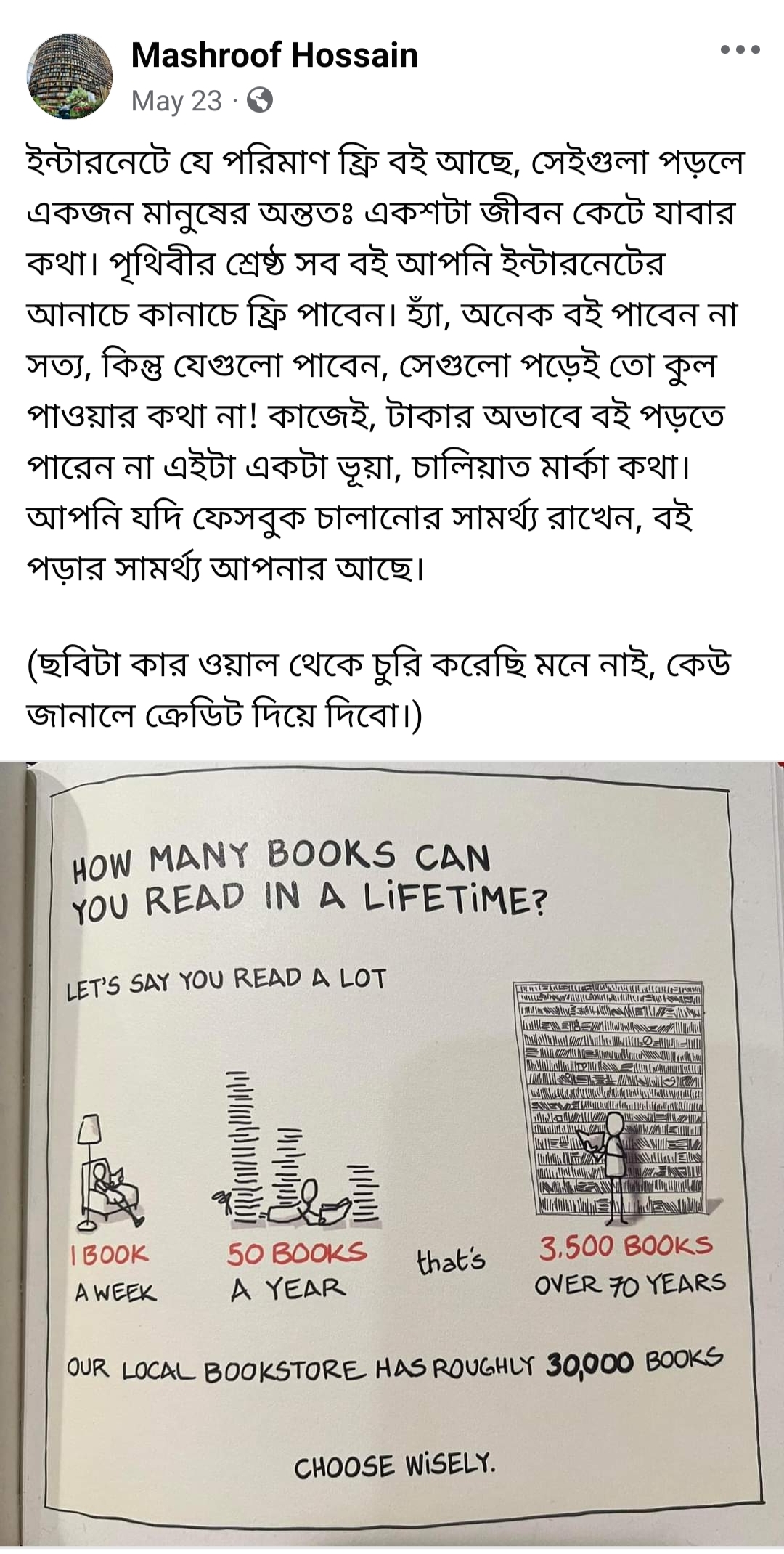Police officer Mashroof, his “forest eater” father and the backfiring of “moral policing” on social media

In 2013, my editor (of a national newspaper) assigned me a piece on Mashroof Hossain, a young police officer.
I was a bit surprised because Mashroof was an additional superintendent of police, a position-- holder of which typically does not become the subject of newspaper profiles unless they had achieved something extraordinary.
So, before fixing an interview with him, I did some pre-reporting and found out that Mashroof had played a key role in launching an app for the Dhaka Metropolitan Police’s Uttara zone, allowing local residents to file complaints.
That app however had received very few complaints, as I discovered.
Nonetheless, in Bangladesh, where the police force is often seen as antiquated and bureaucratic, Mashroof's attempt stood out as an exception.

Besides, he was actively engaged on Facebook, offering policing advice and sharing social commentary on various issues, which garnered significant attention.
Mashroof’s background at North South University, where graduates typically pursue careers outside government service, added to his unconventional profile.
Mashroof also chose a career in public service through competitive exams, and that has earned him immense praise from his growing social media following.
He soon gained the nickname "digital cop."
Later , during my interview with Mashroof, I found him to be a gentleman. He spoke in a soft yet baritone voice, peppered his speech with flawless English phrases—an unexpected trait for a police officer in Bangladesh—and demonstrated the compassion and willingness to heed advice to genuinely enhance police services.
He also shared that his role model in the police force was Benazir Ahmed, the former Inspector General of Police who was then leading the Dhaka Metropolitan Police.
Mashroof admired Benazir's impeccable appearance and reputation as a smart cop, although Benazir's alleged accumulation of wealth through illicit means was not widely known at the time.
While maintaining his career in the police service, Mashroof continued his academic pursuits, earning two additional postgraduate degrees from the prestigious Tokyo Institute of Technology and Harvard University.
Throughout this time, he remained highly engaged on social media platforms, sharing glimpses of his personal life—including his marriages, divorce, and second marriage—as well as his passion for books, movies, and their recommendations, and his genuine admiration for those who have achieved academic success.

His online presence allowed the public to
connect with him on a personal level and learn more about his diverse interests
and experiences.
One aspect noticeably missing from Mashroof's otherwise transparent online presence was any mention of his father's immense wealth.
There is no shame in being the child of a wealthy individual, especially when that wealth is earned through ethical entrepreneurship or exceptional contributions to society. In fact, such individuals often garner admiration for their achievements and the positive impact they have on their communities.
However, Mashroof's father's wealth was not accumulated in such an honorable manner.
His [father’s] illicit activities were so egregious that a national newspaper, Samakal, recently published a front-page article exposing his corrupt practices, dubbing him "Another 'forest-eater' Mosharraf," a reference to his illegal exploitation of forest resources as a [retired] conservator of forest.
According to an Anti-Corruption Commission (ACC) investigation, Mosharraf Hossain accumulated a substantial wealth totaling around Tk 112 crore—an amount that a government employee, lacking significant inheritance or business ventures, would struggle to explain.
Moreover, Mosharraf's involvement in corruption did not come to light abruptly. In response to allegations of amassing illegal wealth, the Ministry of Environment and Forests had earlier issued a directive requiring Mosharraf's early retirement.
As the son of his father, Mashroof, a police officer no less, must have been aware of his father's corrupt and unlawfully acquired wealth.
Despite this knowledge, Mashroof continued to encourage people to read books, pursue higher education at prestigious universities, and strive for honest careers built on lawful earnings, seemingly turning a blind eye to his family's tainted wealth!
I haven't heard of any corruption involving Mashroof during his ongoing tenure as a police officer, and I find it ethically dubious to blame a son for his father's wrongdoing.
However, when someone takes on the role of imparting moral lessons and advice on good citizenship, they must ensure that their own foundation is solid and built on principles that can withstand scrutiny over time.
If their platform is supported by "illegal" wealth and means, it is bound to collapse sooner or later, bringing unprecedented dishonor.
I hope you grasp this now, officer Mashroof.
—
Harun Ur Rashid is a journalist and writer.

